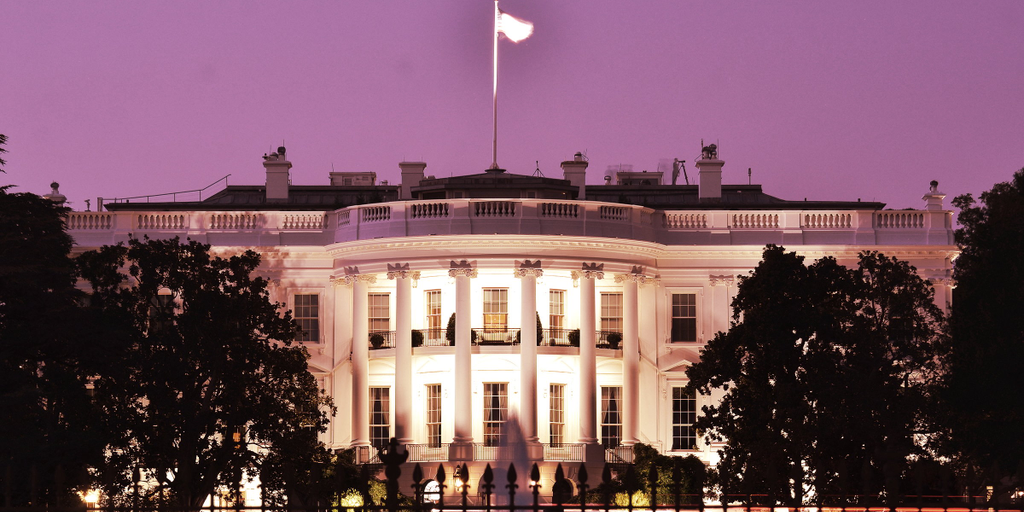
President’s Economic Report Blasts Crypto for ‘Ignorance of Basic Economic Principles’
By Robert Rhodes 2 years agoThe White Dwelling right now poured cold water on crypto, accentuating the destructive areas of electronic property during a significant, 513-webpage annual report.
The very first reference to electronic belongings in the 2023 Economic Report of the President—issued along with a yearly update issued by the Council of Economic Advisers—asserts that “blockchain technological innovation has fueled the rise of fiscally modern digital belongings that have tested to be remarkably unstable and matter to fraud.”
And that was on web page 43.
“While advocates normally assert that electronic belongings, especially crypto assets, are a revolutionary innovation, the design and style of these belongings usually demonstrates an ignorance of standard financial rules that have been learned in economics and finance about generations,” the report proceeds five internet pages later. “This inadequate structure is often detrimental to buyers and investors.”
The over-all report—which incorporates in excess of 100 internet pages of appendices—covers all features of the U.S. economic climate, which include the rise of women in the labor pressure, climate improve, imported merchandise, international investment, and education. But several sections deal with know-how and electronic markets.
Chapter 7 is titled “Competition in the Electronic Economic system: New Systems, Previous Economics.” And Chapter 8 usually takes crypto head on, underneath the heading “Digital Assets: Relearning Economic Rules.”
The conclusion? Crypto advocates will need to go back to university, as they are “relearning the lessons from previous economical crises the hard way.”
“In addition to the decentralized custody and management of money, it has been argued that crypto assets may possibly present other benefits, such as strengthening payment units, growing economic inclusion, and developing mechanisms for the distribution of mental house and fiscal benefit that bypass intermediaries,” the authors wrote. “So significantly, crypto assets have introduced none of these advantages.”
The expenses of crypto, in the meantime, have adversely impacted buyers, the monetary procedure, and even the physical environment.
“In fact, crypto belongings to date do not appear to present investments with any fundamental benefit, nor do they act as an successful different to fiat revenue, enhance fiscal inclusion, or make payments a lot more efficient,” the authors wrote. “Rather, their innovation has been typically about generating synthetic shortage in get to support crypto assets’ charges.”
“Many of them have no basic worth,” they extra.
The authors then operate their way as a result of a amount of “claims” manufactured by crypto proponents, such as the perception that crypto assets could be expenditure autos, could purpose like cash without having a central authority, enable quickly electronic payments, and improve economic inclusion and lower the unbanked and underbanked.
An in depth checklist of refutations comply with, focused on opportunity damage to shoppers and the lack of regulation and enforcement.
“One of the principal areas where by there is mass noncompliance is disclosure encompassing crypto belongings that are securities,” the report states, prior to returning to a managing topic. “This lack of disclosure helps prevent traders from recognizing that most crypto property have no basic benefit.”
The council even will take a stage back again, and usually takes a stab at detailing World-wide-web3.
“Proponents of blockchain know-how declare that it will not only improve firms’ overall performance but also be the spine of an completely new Internet—Web3, the so-referred to as new World wide web,” they wrote.
Citing Sign app founder and cryptographer Moxie Marlinspike, the part concludes that some centralization is inescapable.
“As soon as a distributed ecosystem centralizes all over a platform for advantage, it gets the worst of both of those worlds,” the report notes. “Centralized manage, but however dispersed ample to turn out to be mired in time.”
